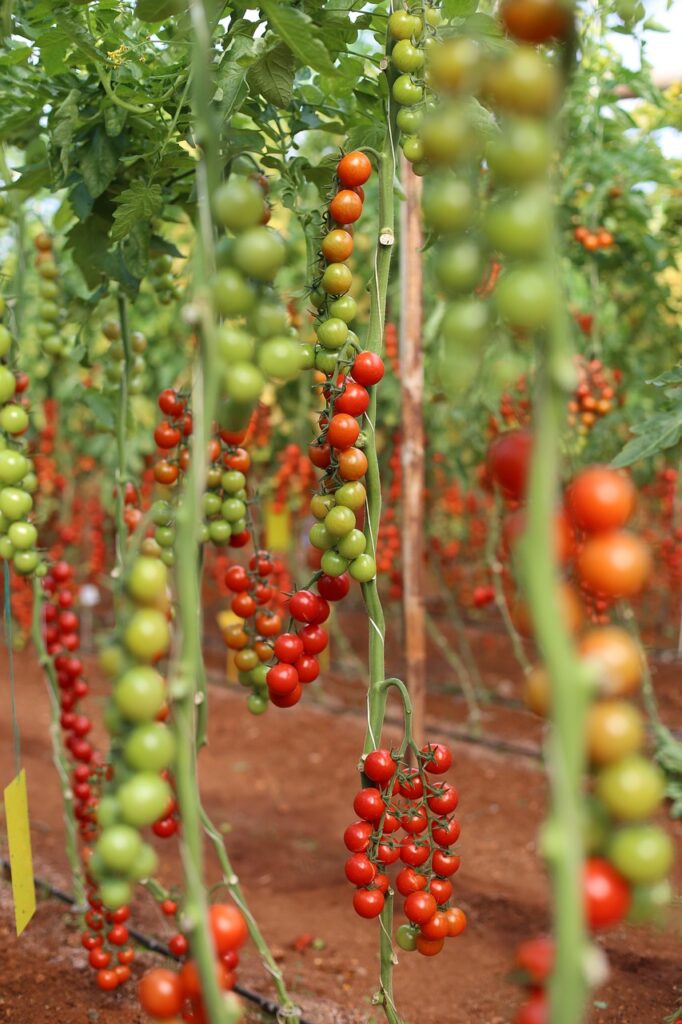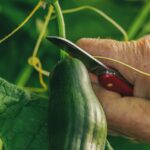Fertilizers are essential nutrients that help in plant growth and development.
Each stage of the plant’s life requires specific nutrients that help them grow and produce their best yields.
In this article, we will discuss the different types of fertilizers that are best for each stage of a plant’s life, from seedling to flowering and fruiting.
Seedling Stage
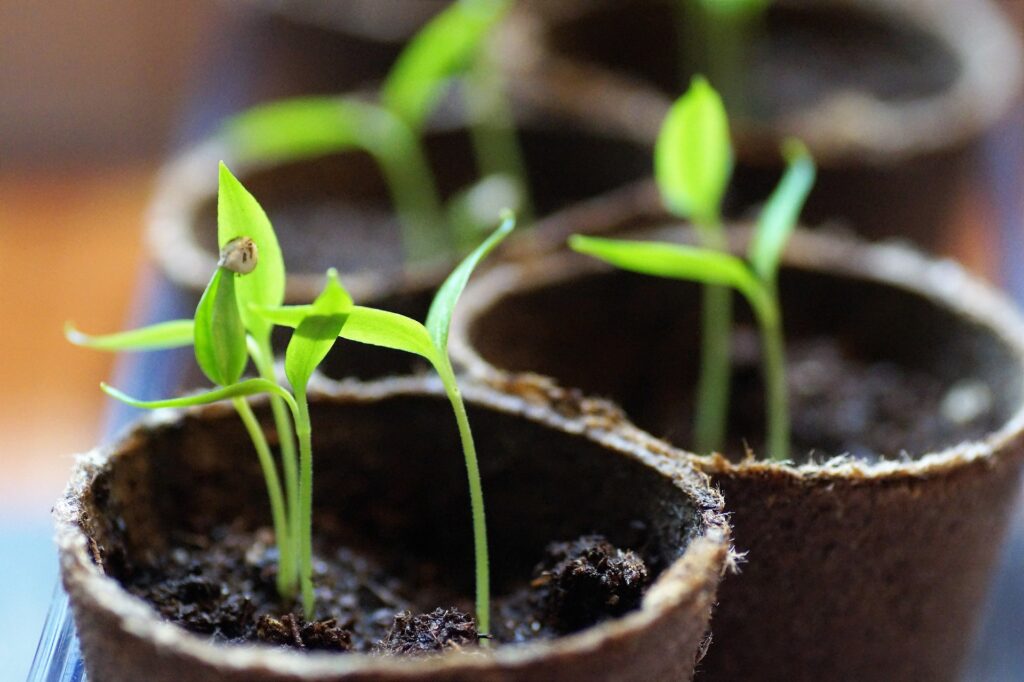
The seedling stage is the beginning of a plant’s life, and it is a critical period.
During this stage, the plant is vulnerable and requires the right nutrients to grow strong and healthy. The three primary macronutrients that plants require at this stage are nitrogen, phosphorus, and potassium.
However, seedlings also require micronutrients such as calcium, magnesium, and iron.
The best fertilizer for seedlings is a balanced, water-soluble fertilizer that contains all the essential nutrients needed for growth.
These fertilizers come in various ratios, such as 20-20-20, 10-10-10, and 8-8-8, among others.
The best ratio depends on the type of seedling and its growth requirements.
It is also essential to use a fertilizer with a low concentration to avoid burning the seedlings.
Organic:
Espoma Organic Seed Starter Mix – This organic fertilizer is a blend of premium ingredients that promote root growth and provide the necessary nutrients for seedlings to thrive.
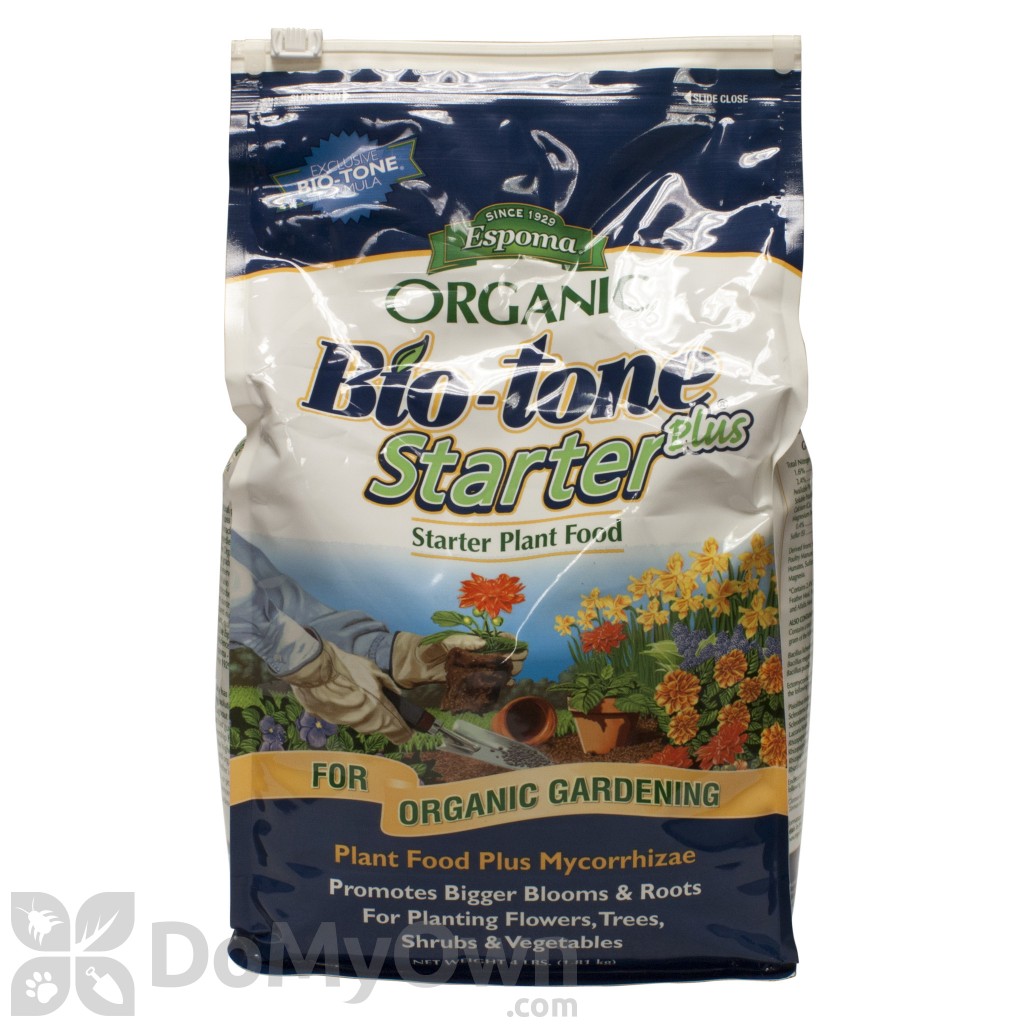
Dr. Earth Organic Seed Starter Fertilizer – This organic fertilizer is a blend of fish bone meal, feather meal, and potassium sulfate that promotes strong root development and early growth.
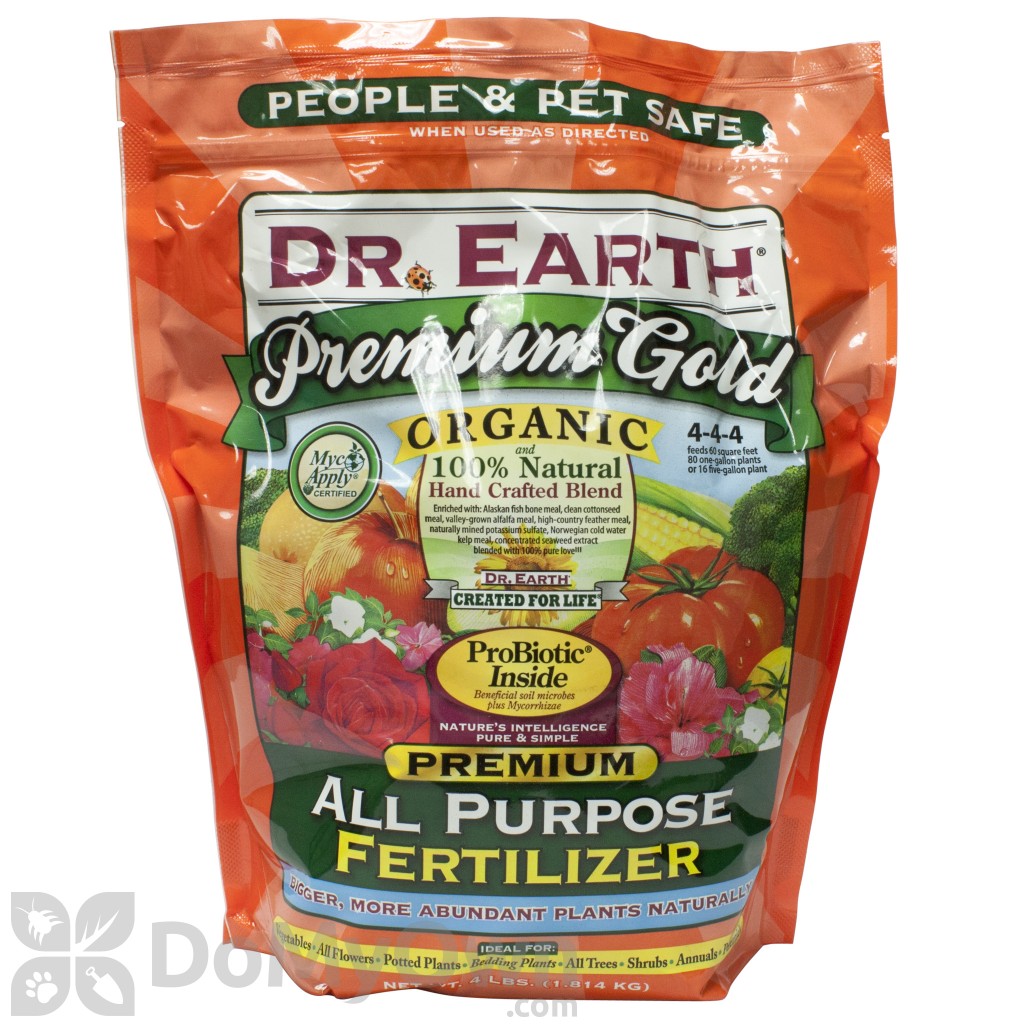
Regular:
Miracle-Gro Water-Soluble All-Purpose Plant Food (24-8-16) – This regular fertilizer provides a balanced mix of nitrogen, phosphorus, and potassium that promotes healthy growth and strong root development in seedlings.
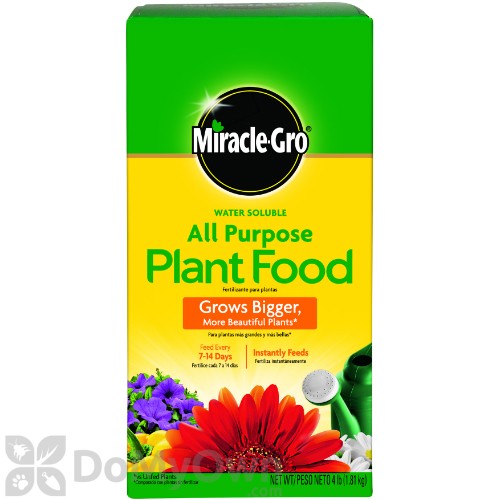
Peters Professional 20-20-20 General Purpose Fertilizer – a water-soluble fertilizer designed for use on a variety of plants.
The nitrogen in this fertilizer promotes leaf growth and overall plant vigor, while the phosphorus helps promote root development and flower formation, and the potassium helps with overall plant health and disease resistance.

Vegetative Growth Stage
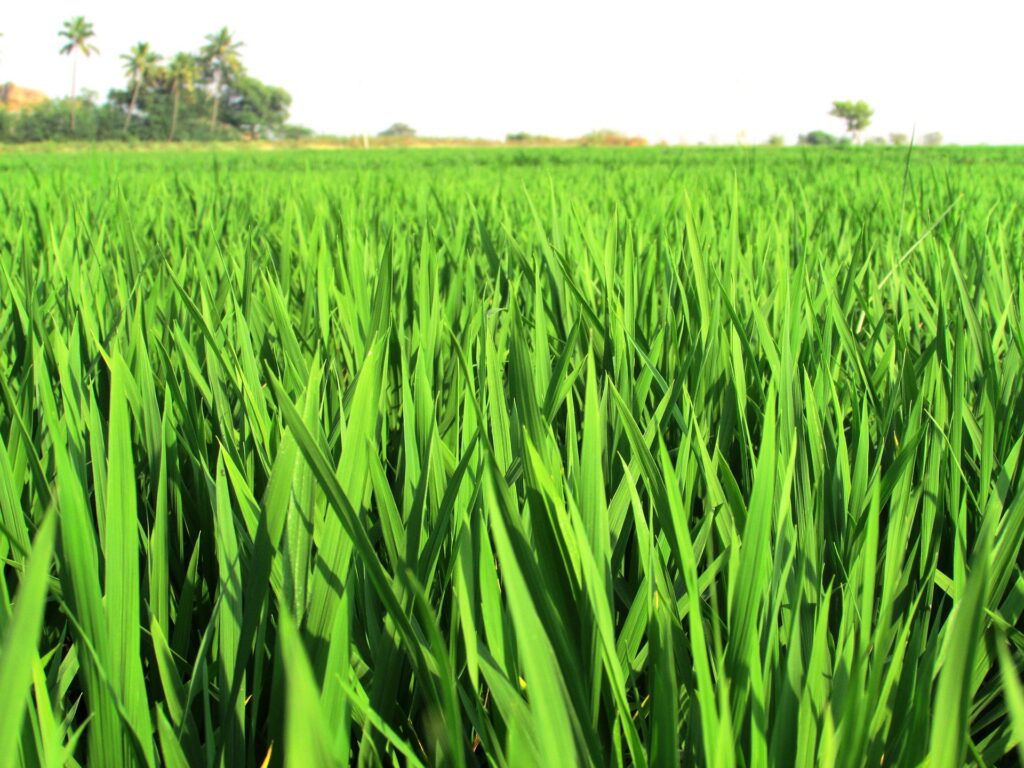
The vegetative growth stage is when the plant begins to develop leaves and stems.
This stage is essential for the plant’s overall growth, and it requires a specific set of nutrients to support it.
The primary macronutrient required at this stage is nitrogen, which helps in the growth of leaves and stems.
Phosphorus and potassium are also important, but they are needed in lower quantities.
The best fertilizer for the vegetative growth stage is a balanced, slow-release fertilizer that provides a steady supply of nutrients to the plant.
A slow-release fertilizer ensures that the plant receives a steady supply of nutrients over a more extended period, preventing over-fertilization.
It is also important to use a fertilizer with a higher concentration of nitrogen than phosphorus and potassium.
Organic:
Fox Farm Organic Grow Big Liquid Concentrate (6-4-4) – This organic fertilizer contains a blend of fish and seaweed extracts, earthworm castings, and molasses that promote lush vegetative growth.

Pennington Alaska Fish Emulsion Fertilizer Concentrate 5-1-1 – Fish has long been used as a source of natural plant nutrients.
This formula breaks down easily and releases beneficial nutrients into the soil to help grow strong, healthy plants.

Regular:
Scotts Miracle-Gro Shake ‘N Feed All Purpose Plant Food (12-4-8) – This regular fertilizer provides a balanced mix of nutrients that promotes strong vegetative growth and lush foliage.

The Anderson’s 14-7-7 Fertilizer with MUTech – designed for use on a variety of plants, including lawns, trees, shrubs, and flowers, is typically applied as a granular fertilizer by spreading the product evenly over the soil and watering it in.
The fertilizer slowly releases nutrients over time, providing a steady source of nutrients to plants.

Flowering Stage
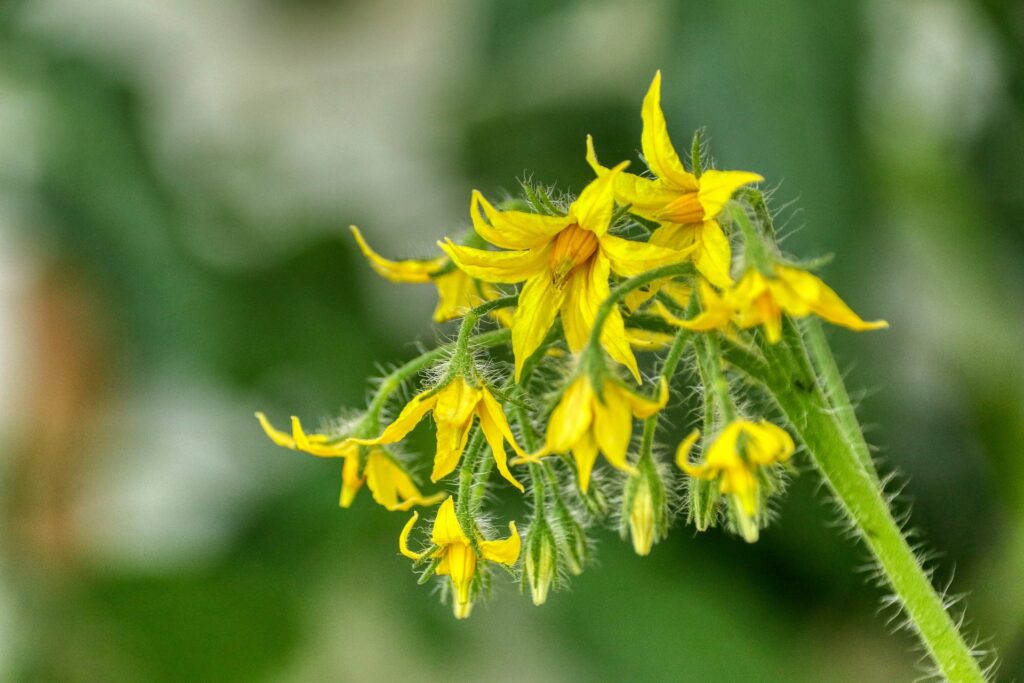
The flowering stage is when the plant begins to produce flowers.
During this stage, the plant requires different nutrients to support the growth of the flowers and the development of the fruit.
The primary macronutrient required at this stage is phosphorus, which helps in the development of flowers and fruits.
Potassium is also important at this stage as it helps in the development of strong stems and roots.
The best fertilizer for the flowering stage is a phosphorus-rich fertilizer with a low nitrogen content. Phosphorus-rich fertilizers help in the development of flowers and fruits, while a low nitrogen content prevents over-fertilization, which can result in the development of too much foliage at the expense of flowers and fruits.
It is also important to use a fertilizer with a higher concentration of potassium than nitrogen.
Organic:
FoxFarm Open Sesame Soluble Fertilizer 5-45-19 – specially formulated to help produce bigger and more beautiful buds and flowers. specifically designed for use during early flowering and ripening in fruits, buds, and flowers.
Open Sesame will also enhance flower size and multiple bud development.

Down To Earth All-Natural Fertilizer Rose & Flower Mix 4 – 8 – 4 – excellent match for nutrient-rich blooms and vigorous growth.

Regular:
Miracle-Gro Water Soluble Bloom Booster Flower Food (15-30-15) – This regular fertilizer provides a high amount of phosphorus to promote beautiful blooms and vibrant colors.

Scotts Miracle-Gro Continuous Release Bloom Booster Flower Food (10-52-10) – This regular fertilizer provides a high amount of phosphorus for beautiful blooms and strong root development.

Ferti-Lome Blooming and Rooting Soluble Plant Food 9-58-8 – a water-soluble fertilizer that’s designed to promote root growth and flowering in plants.

Fruiting Stage
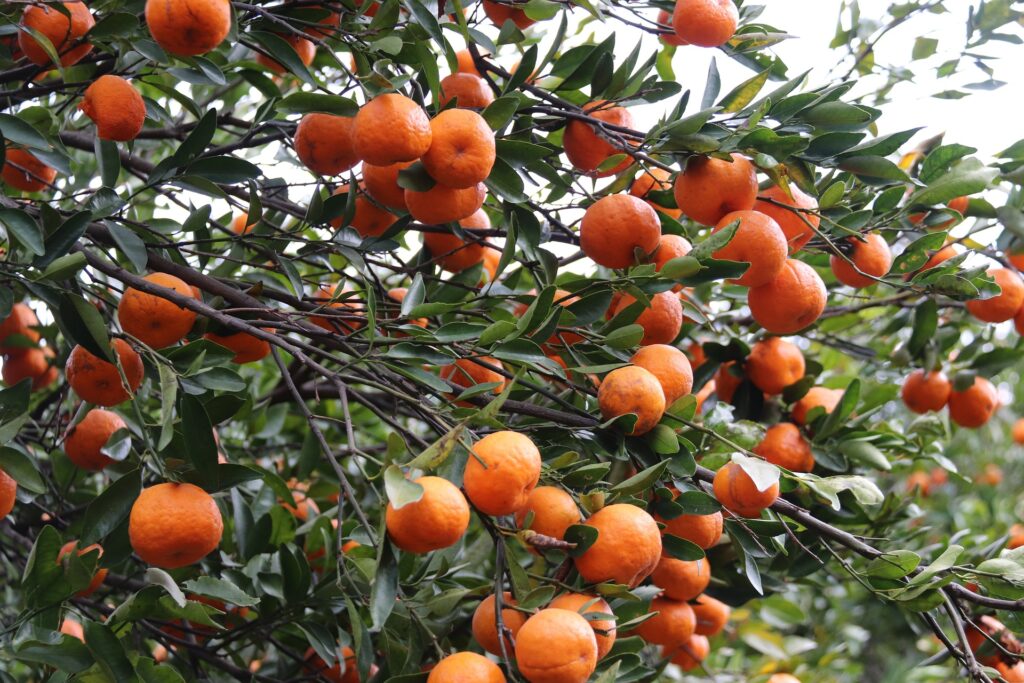
The fruiting stage is when the plant begins to produce fruit.
During this stage, the plant requires specific nutrients to support the growth and development of the fruit.
The primary macronutrient required at this stage is potassium, which helps in the development of strong fruit.
Phosphorus is also important at this stage as it helps in the development of strong roots and flowers.
The best fertilizer for the fruiting stage is a potassium-rich fertilizer with a low nitrogen content. Potassium-rich fertilizers help in the development of strong fruit, while a low nitrogen content prevents over-fertilization.
It is also important to use a fertilizer with a higher concentration of phosphorus than nitrogen.
Organic:
Espoma Organic Tomato-tone Fertilizer (3-4-6) – This organic fertilizer is specially formulated with natural and organic ingredients to promote healthy fruit development and improve soil quality.

FoxFarm Big Bloom Liquid Plant Food 0-0.5-0.7 – An all-natural and Organic liquid fertilizer blossom builder for all flowering and fruiting plants.

Regular:
Miracle-Gro Water Soluble Tomato Plant Food (18-18-21) – This regular fertilizer provides a balanced mix of nutrients that promote healthy fruit development and strong root growth.

Grow More Tomato Food 18-18-21 – specially formulated to help you produce more flavorful, firm and plump tomatoes. It contains extra magnesium and it has a higher potassium rate for firmer and bigger fruits.

Balanced nutrients fertilizers
The “20-20-20” fertilizer type is a popular choice for many gardeners and farmers because it provides a balanced blend of nutrients that can promote healthy growth and development of plants.
Because 20-20-20 fertilizer contains a balanced blend of these nutrients, it can be used on a variety of plants throughout the growing season to support healthy growth and development.
In addition to its balanced nutrient profile, 20-20-20 fertilizer is also available in both granular and water-soluble forms, making it a versatile fertilizer that can be used in a variety of growing situations.
Granular 20-20-20 fertilizer can be applied to the soil and slowly releases nutrients over time, while water-soluble 20-20-20 fertilizer can be quickly absorbed by plants and provide an immediate boost of nutrients.







Organic vs. Synthetic Fertilizers
When it comes to fertilizers, there are two main types: organic and synthetic.
Organic fertilizers are made from natural sources, such as animal manure, compost, and bone meal. They release nutrients slowly over time, providing a steady supply of nutrients to the plant.
Organic fertilizers also improve soil quality by adding organic matter, which helps to retain moisture and nutrients in the soil.
On the other hand, synthetic fertilizers are made from chemicals and are designed to release nutrients quickly.
They are usually more affordable and readily available than organic fertilizers, and they are also easier to use.
However, they do not improve soil quality, and they can be harmful to the environment if not used correctly.
It is essential to choose the right type of fertilizer for each stage of the plant’s life.
Organic fertilizers are usually better for the seedling and vegetative growth stages, as they provide a steady supply of nutrients and improve soil quality.
Synthetic fertilizers may be better for the flowering and fruiting stages, as they release nutrients quickly and help to develop strong fruit.
In conclusion, choosing the right fertilizer for each stage of a plant’s life is crucial for its growth and development.
Seedlings require a balanced, water-soluble fertilizer, while the vegetative growth stage requires a slow-release fertilizer.
The flowering and fruiting stages require a phosphorus-rich fertilizer with a low nitrogen content for the former and a potassium-rich fertilizer with a low nitrogen content for the latter.
It is also important to consider whether to use organic or synthetic fertilizers and choose the right type for the plant’s needs.
With the right fertilizer and proper care, plants can grow strong and healthy and produce the best yields.
You might also like these articles:
- 10 Popular Lawn Fertilizers: A Review of Top Options Based on Ag Website Reviews
- A Plant’s Nutritional Needs: The Best Fertilizer for Each Stage of Plant Growth
- Choosing the Perfect Fertilizer for a Lush Turf
- Citrus trees
- Decoding Plant Language: What Your Leaves Are Trying to Tell You
- Desert Wonders: Cultivating Beautiful Cactuses
- Easy steps to grow tomatoes
- Essential Care Tips for Citrus Trees
- Growing Corn: Tips for Choosing the Right Variety and Achieving Healthy Growth
- Growing Cucumbers: A Guide to Cultivating Delicious Cucumbers with Ease
- Growing Potatoes: A Step-by-Step Process guide
- How Mycorrhizae Can Help Your Plants Thrive

